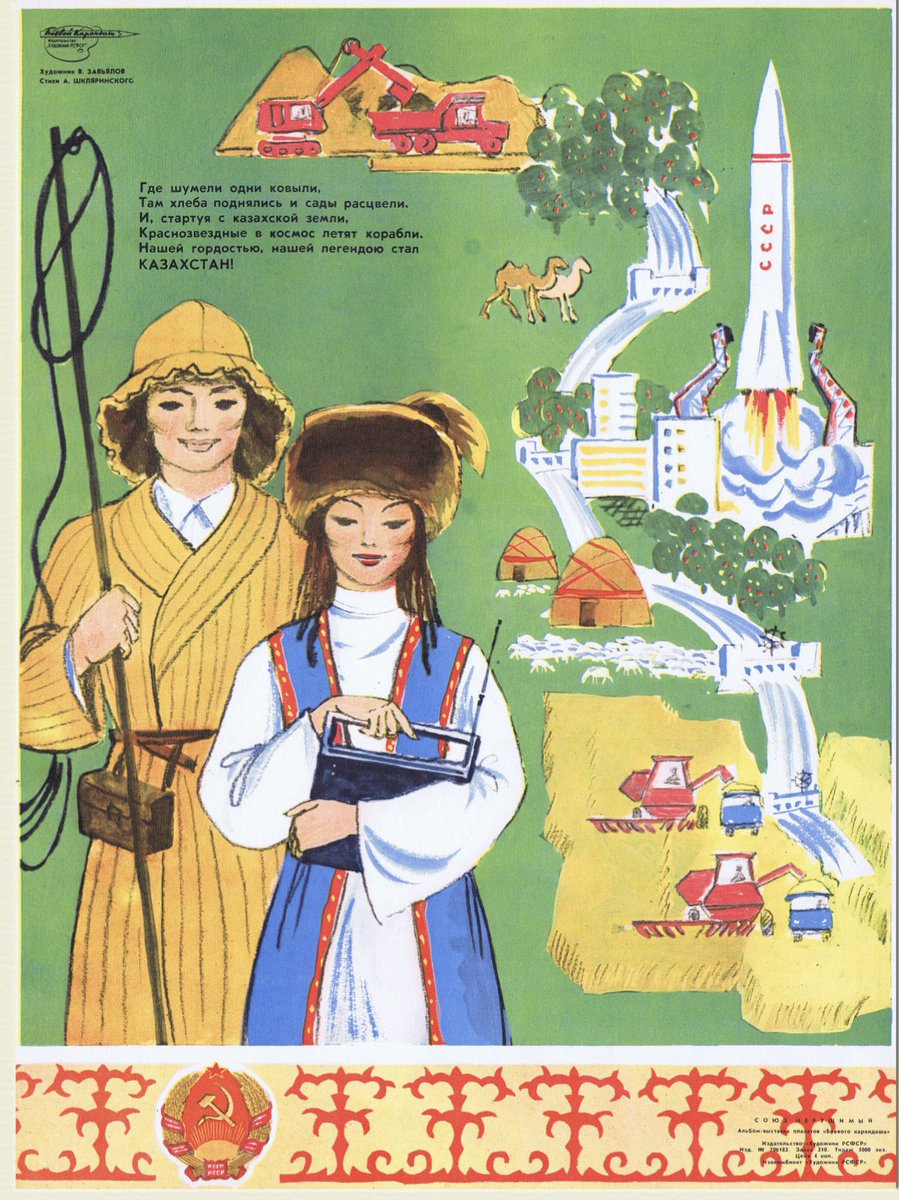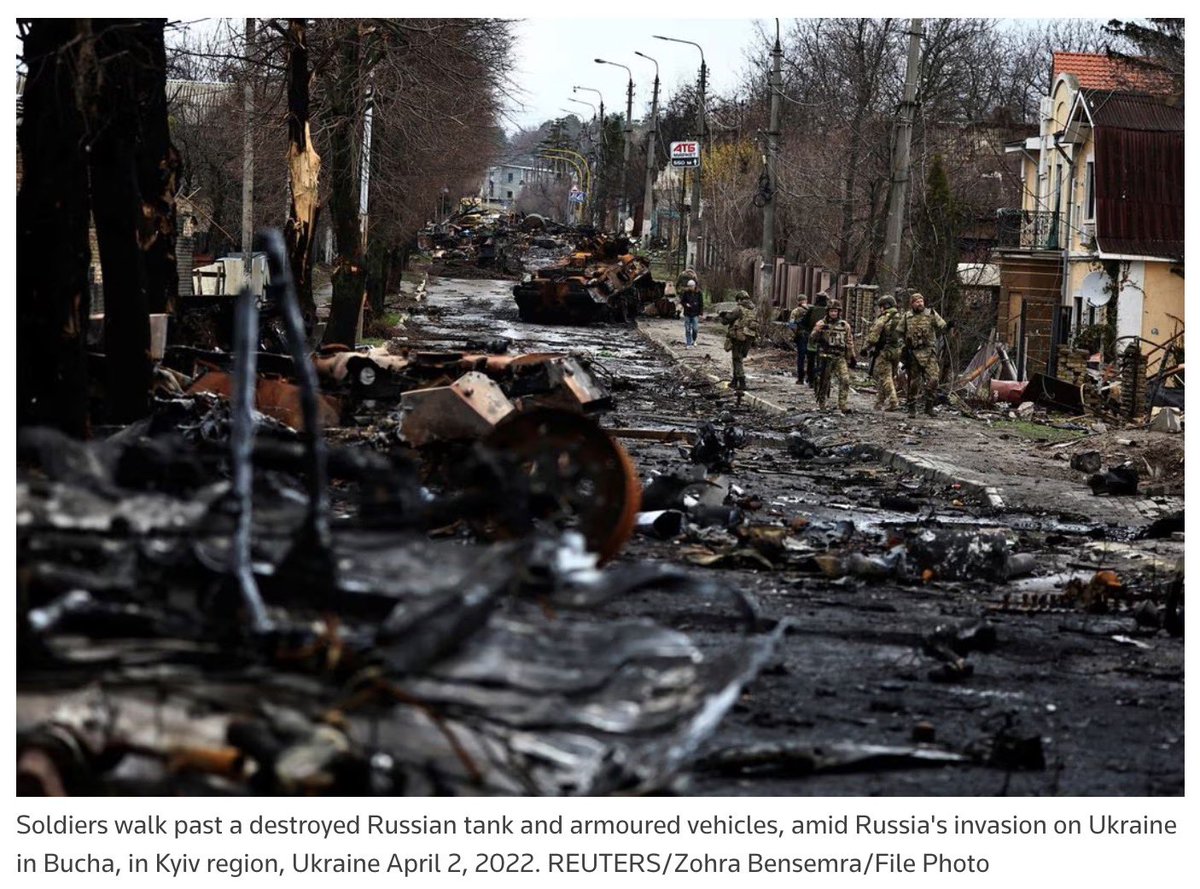As someone who grew up in Soviet-era Qazaqstan, I am struck by how different it feels these days. When I was growing up, Russian language and culture were dominant among young urban Qazaqs. In Almaty, speaking Qazaq was seen as something that only people from rural areas did. 🧵
Qazaq culture was not seen as cool or interesting. It’s striking to hear Qazaq being used by young people downtown or see hipsters integrating traditional Qazaq design elements into their wardrobes. A lot of young people in Almaty now follow Qazaq language artists and musicians.
This was unimaginable in my youth. New Qazaq language content makes a life-long Russian speaker like me regret that I can’t fully understand what is being said. Basically, these days, Qazaq is cool. I can’t emphasize enough how different it is from the late Soviet period.
Contempt for all things Qazaq as backwards and hopelessly parochial, so common among the relatively more privileged Qazaq city dwellers during Russian rule, is a thing of the past. The brazenly imperial character of Russia’s war against Ukraine has dramatically accelerated this.
Russian TV channels with their propaganda are still broadcasting in Qazaqstan. Their impact is not to be underestimated. Fortunately, like their peers in many other countries, most young Qazaqs are not regular TV watchers as they tend to get their news elsewhere.
This means that they are less impacted by the poison of Russian propaganda than their parents. And those that primarily consume news and information in Qazaq language escape it entirely.
As usual, I am grateful to @anne_grundig for the invitation to reflect about these issues in her new piece for @watson_de politik.watson.de/international/…
• • •
Missing some Tweet in this thread? You can try to
force a refresh

 Read on Twitter
Read on Twitter











